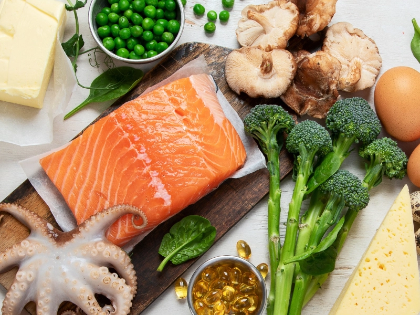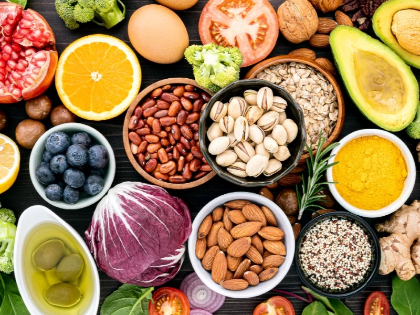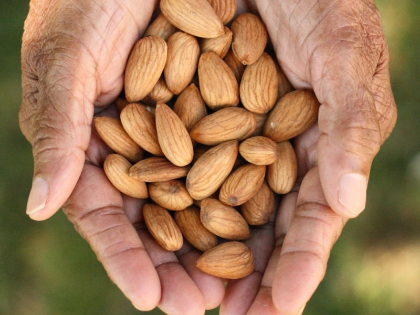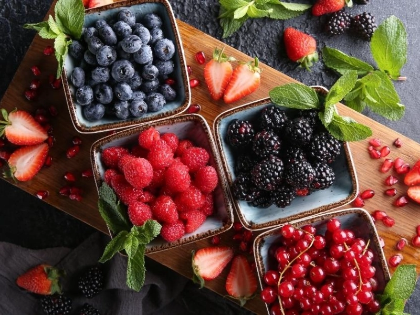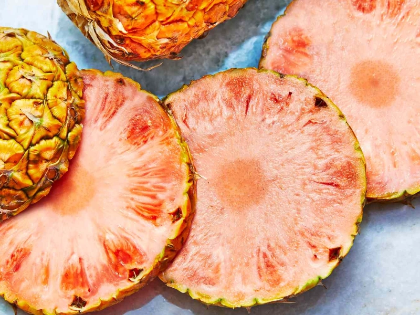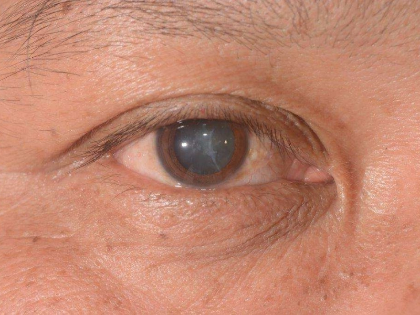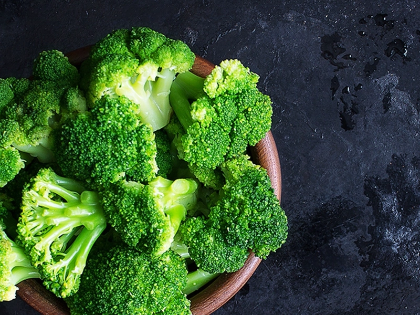The Importance of Vitamin E in Pregnancy
1.Comprehending Vitamin E One of the fat-soluble vitamins, vitamin E is absolutely vital for general health. Acting as a strong antioxidant, it helps shield cells from damage done by free radicals. Numerous body processes, including immune system maintenance and skin health, depend on this vitamin. Since vitamin E affects both mother and foetal well-being, its significance becomes even more clear during pregnancy. Knowing its advantages can inspire pregnant women to guarantee enough intake during this crucial phase.
2.Antioxidant Characteristics and Cellular Protection Among the main purposes of vitamin E is its antioxidant one. It enables free radicals—which can induce oxidative stress and cell damage—neutralize themselves. Growing demands of the foetus and hormonal changes during pregnancy might cause oxidative stress. Enough vitamin E can assist to offset these effects, therefore shielding the mother and the unborn child from possible damage. Maintaining normal cellular operation throughout pregnancy depends on this protective function.
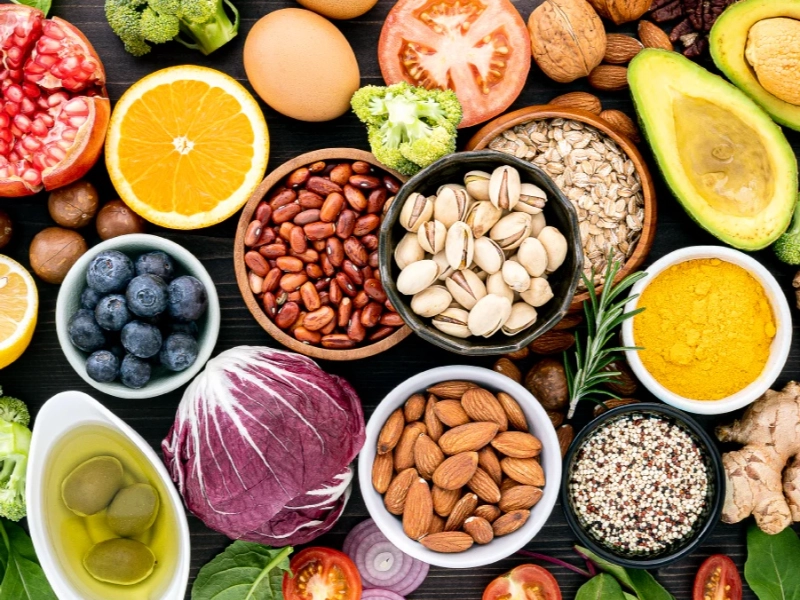
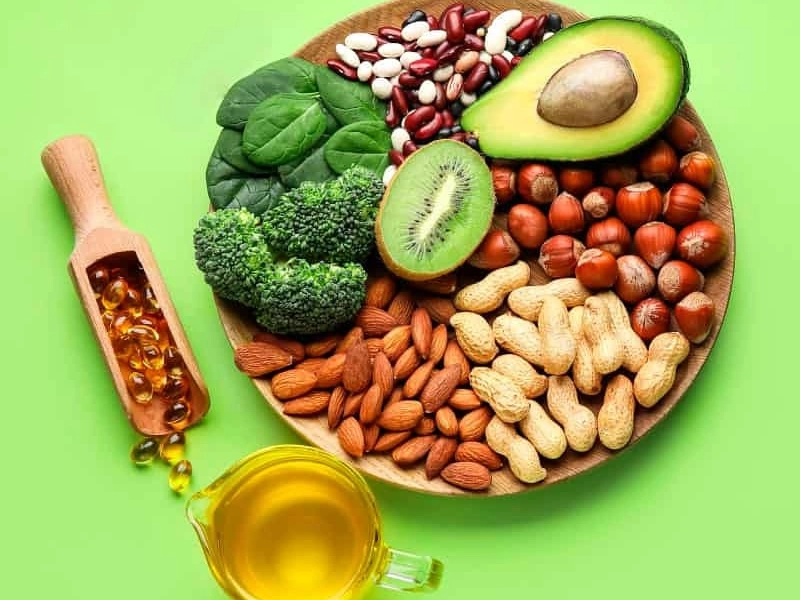 5.Minimising Complications Risk Studies point to a possible lower risk of several issues if pregnant women consume enough vitamin E. Some studies suggest that vitamin E can help reduce the risk of preeclampsia, a disorder marked by high blood pressure and possible organ damage. Furthermore, decreased risk of gestational diabetes could be connected with enough vitamin E levels. Ensuring enough intake of this essential vitamin will help expecting women perhaps reduce some pregnancy-related hazards.
6.sources of vitamin E Pregnant women should definitely include foods high in vitamin E into their diet. Excellent sources of vitamin E are nuts (like almonds and hazelnuts), seeds (such sunflower seeds), spinach, broccoli, and vegetable oils (such sunflower and olive oil). Eating a balanced diet with these items can assist to guarantee enough vitamin E levels. Pregnant women should also discuss with their doctor whether taking supplements would be advisable in case nutritional consumption is inadequate.
5.Minimising Complications Risk Studies point to a possible lower risk of several issues if pregnant women consume enough vitamin E. Some studies suggest that vitamin E can help reduce the risk of preeclampsia, a disorder marked by high blood pressure and possible organ damage. Furthermore, decreased risk of gestational diabetes could be connected with enough vitamin E levels. Ensuring enough intake of this essential vitamin will help expecting women perhaps reduce some pregnancy-related hazards.
6.sources of vitamin E Pregnant women should definitely include foods high in vitamin E into their diet. Excellent sources of vitamin E are nuts (like almonds and hazelnuts), seeds (such sunflower seeds), spinach, broccoli, and vegetable oils (such sunflower and olive oil). Eating a balanced diet with these items can assist to guarantee enough vitamin E levels. Pregnant women should also discuss with their doctor whether taking supplements would be advisable in case nutritional consumption is inadequate.
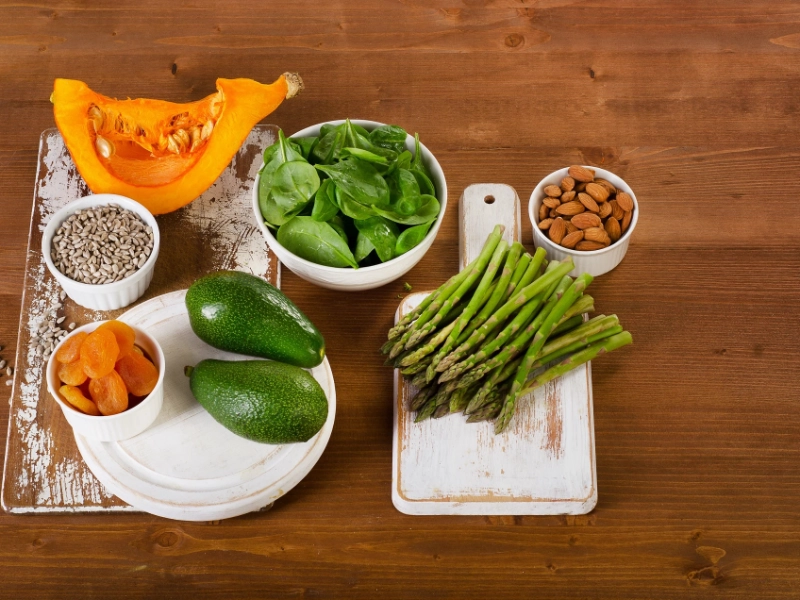 7.Suggested daily intake Vitamin E consumption advised daily varies based on age and stage of life. Usually approximately 15 milligrammes daily, the advised dietary allowance (RDA) for pregnant women is Expectant mothers should track their consumption and make sure they satisfy this need with food or supplements. Frequent visits to a healthcare professional can help to evaluate dietary requirements and create required changes.
8.Possible Risks of Insufficient Capacity Pregnancy-related vitamin E insufficiency can cause a number of medical problems for the mother as well as the unborn child. Low levels could raise a person's chance of problems including anaemia and compromised immune system. Low vitamin E levels can impede appropriate development in the foetus and raise the risk of neurological problems. Thus, a good pregnancy and the welfare of the child depend on keeping sufficient vitamin E levels.
7.Suggested daily intake Vitamin E consumption advised daily varies based on age and stage of life. Usually approximately 15 milligrammes daily, the advised dietary allowance (RDA) for pregnant women is Expectant mothers should track their consumption and make sure they satisfy this need with food or supplements. Frequent visits to a healthcare professional can help to evaluate dietary requirements and create required changes.
8.Possible Risks of Insufficient Capacity Pregnancy-related vitamin E insufficiency can cause a number of medical problems for the mother as well as the unborn child. Low levels could raise a person's chance of problems including anaemia and compromised immune system. Low vitamin E levels can impede appropriate development in the foetus and raise the risk of neurological problems. Thus, a good pregnancy and the welfare of the child depend on keeping sufficient vitamin E levels.
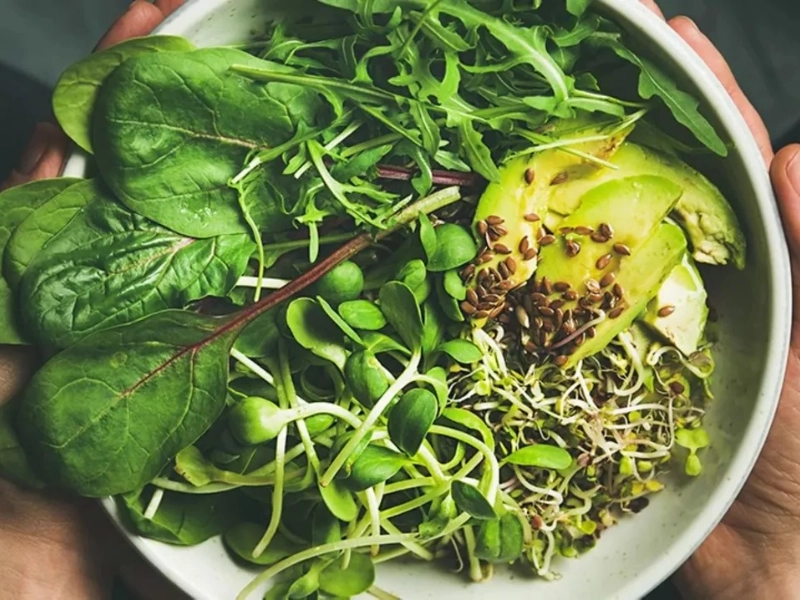 9.Synopsis During pregnancy, vitamin E is an essential ingredient that helps foetal development, supports immunity, and lowers the risk of problems by means of which While enough intake supports good growth and development, its antioxidant qualities help shield the mother and the infant from oxidative stress. Expectant women can help to improve the health outcomes for themselves and their children by including foods high in vitamin E into their diet and tracking their consumption. Stressing the need of this vitamin might help a pregnancy go well.
9.Synopsis During pregnancy, vitamin E is an essential ingredient that helps foetal development, supports immunity, and lowers the risk of problems by means of which While enough intake supports good growth and development, its antioxidant qualities help shield the mother and the infant from oxidative stress. Expectant women can help to improve the health outcomes for themselves and their children by including foods high in vitamin E into their diet and tracking their consumption. Stressing the need of this vitamin might help a pregnancy go well.

